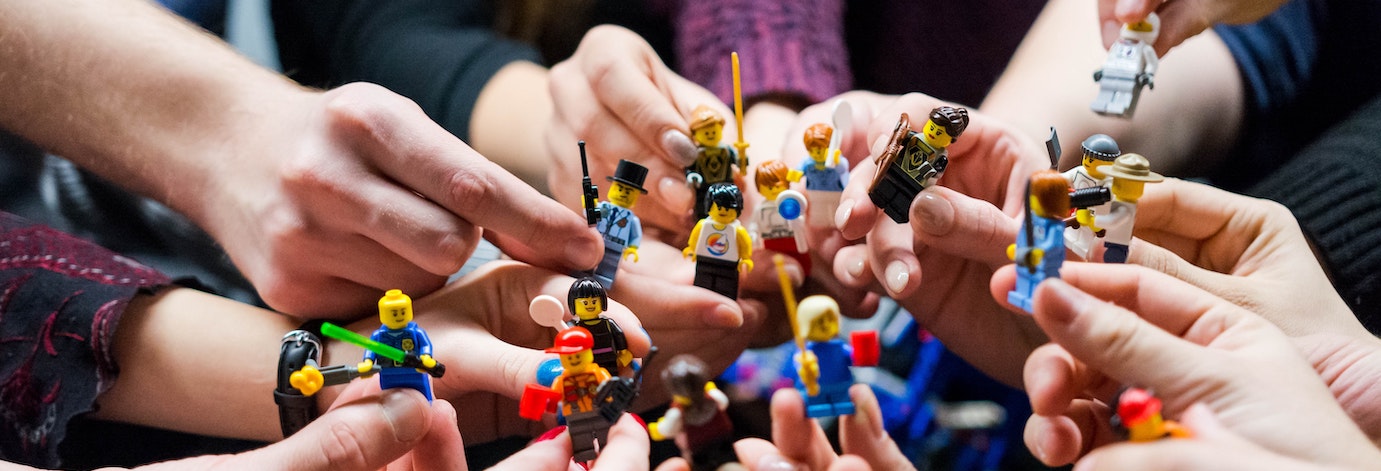Governance
How we improve and make decisions together.

How we improve and make decisions together.

How we understand ourselves & make decisions.
The basis of selfdriven as described in the white paper.
How the selfdriven learning community improves as a protocol/framework i.e. adding skills to the universal skills set.
How a specific learning community (e.g. "school") makes improvements e.g. to it's environment.
By extension how we improve and maintaina a least-harmful society.
Community members (indivduals, organisations, services etc)
Universal skills as reputation for the basis of delagation for a decision.
Objectives, Rules & Tasks.
The process for making an community improvements.
Where community improvements are launched and voted on.
The selfdriven Foundation and Community uses its own tools (as described above) to govern itself.
How we are organised, including constitution, structures etc
The core template is a data-structure representation of the foundation, and is stored on-chain as an SDD (Document) token.
As a representation of a community members accumlated community inputs (i.e. energy invested - active or passive), that can then be used for voting etc.
The different identities that make up the selfdriven Foundation, Community & Framework.
selfdriven Identity
selfdriven "On-Chain" tokens/assets.
Explore the universal skills set.
Talk to us about any help you may need.
"URL-based identifiers (URIs) in use on the Web today (2019) require that the identifier be leased from an authority such as a Domain Name Registrar. A Decentralized Identifier (DID) is an identifier that does not need to be leased; its creation and use is possible without a central authority to manage it. The advent of Blockchains and Decentralized Ledger Technologies have led to other innovations that support this new type of decentralized URI. DIDs have various benefits over more traditional URIs." - W3C - More...